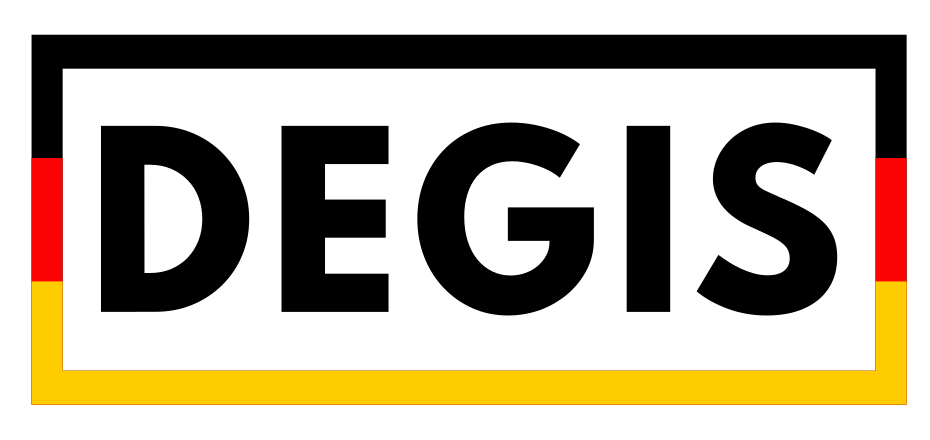Hi, I am Darshan Hirapara, president of DEGIS Düsseldorf. Becoming the president of DEGIS in Düsseldorf wasn’t just a volunteer role with responsibilities; it was a whole adventure packed with lessons, friendships, and some pretty cool moments. Here’s the scoop on what I learned from being the a president and how it’s changed me:
Finding Magic in Teamwork and Being a Good Leader
Initially, I joined the community through a buddy program, but soon found myself leading our DEGIS Düsseldorf chapter. This transition was about building relationships, assuming leadership responsibilities, and advancing impactful programs, such as the buddy system and event coordination, to make international students feel welcomed in Germany. This experience underscored the value of mutual support and the significance of being a responsive and empathetic leader.
Mixing Hard Work with Clever Planning
Taking the lead required a combination of hard work and strategic foresight. Given our commitments as students, time management was crucial. I learned to anticipate future needs, which enabled us to engage in memorable activities, from exploring Christmas markets to participating in the Düsseldorf carnival with over 50 community members. This journey taught me how to effectively manage volunteer efforts and ensure our initiatives were meaningful and lasting.
Growing Up by Giving Back
Contributing to DEGIS was a significant aspect of my personal development in Germany. It cultivated resilience, facilitated networking opportunities that benefitted my career, and helped balance academic and work commitments. I also had the chance to assist others in finding employment and understanding German regulations, which was incredibly fulfilling.
Making Friends and Fighting Homesickness
Volunteering was particularly valuable for combating feelings of isolation in a new country. DEGIS enabled me to forge lasting friendships and establish a sense of belonging within the international student community. These relationships not only supported my professional growth but also made Germany feel more like home.
The Joy of Helping Others
Leading DEGIS in Düsseldorf allowed me to positively impact the lives of international students. My focus was on ensuring they felt supported, integrated, and part of a community while far from home. This role provided a profound sense of purpose and highlighted the joy derived from assisting others.
Reflecting on my journey with DEGIS, I’ve learned the importance of teamwork, vision, and the fulfilment that comes from helping others. Volunteering has indeed been a life-changing experience, enriching not just the lives of others but my own as well.
If you’re in Düsseldorf and interested in becoming a part of our community, make sure to follow our Instagram channel at @degis_duesseldorf.















